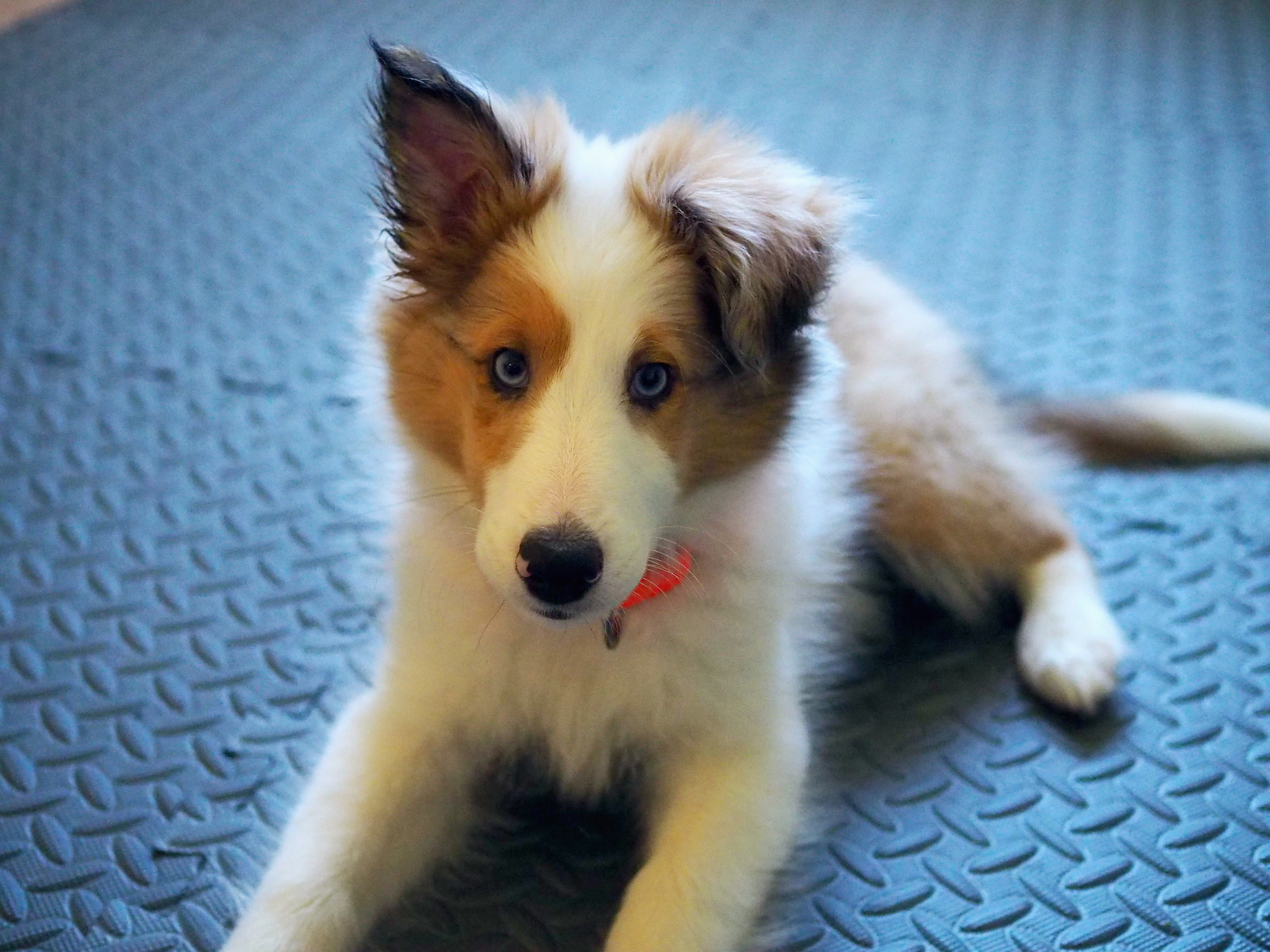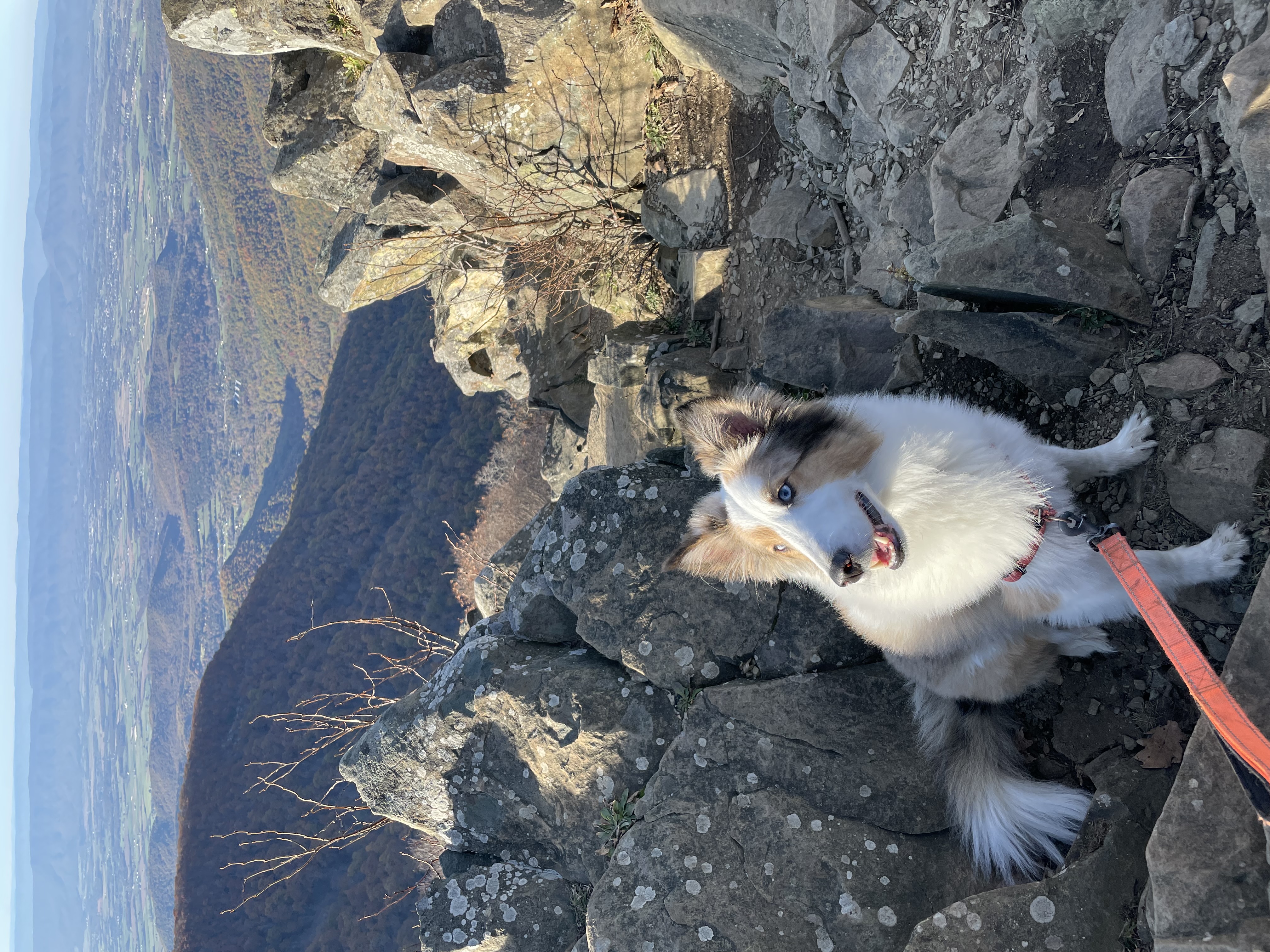Yufan He
Contact: heyufan1995@gmail.com
I am currently an applied research scientist at NVidia, and I'm working on AutoML, transformers, self-supervised learning, and Project MONAI.
Before that, I received my M.S. and Ph.D. from the Johns Hopkins University and my B.S. from Tsinghua University.
[View my Resume]
Education
Johns Hopkins University
Tsinghua University
Publications
This section contains part of projects that I have participated. Visit my Google Scholar for a full list of papers
DiNTS: Differentiable Neural Network Topology Search for 3D Medical Image Segmentation. (CVPR 2021 oral)

TransMorph: Transformer for unsupervised medical image registration. (submitted to Medical Image Analysis)
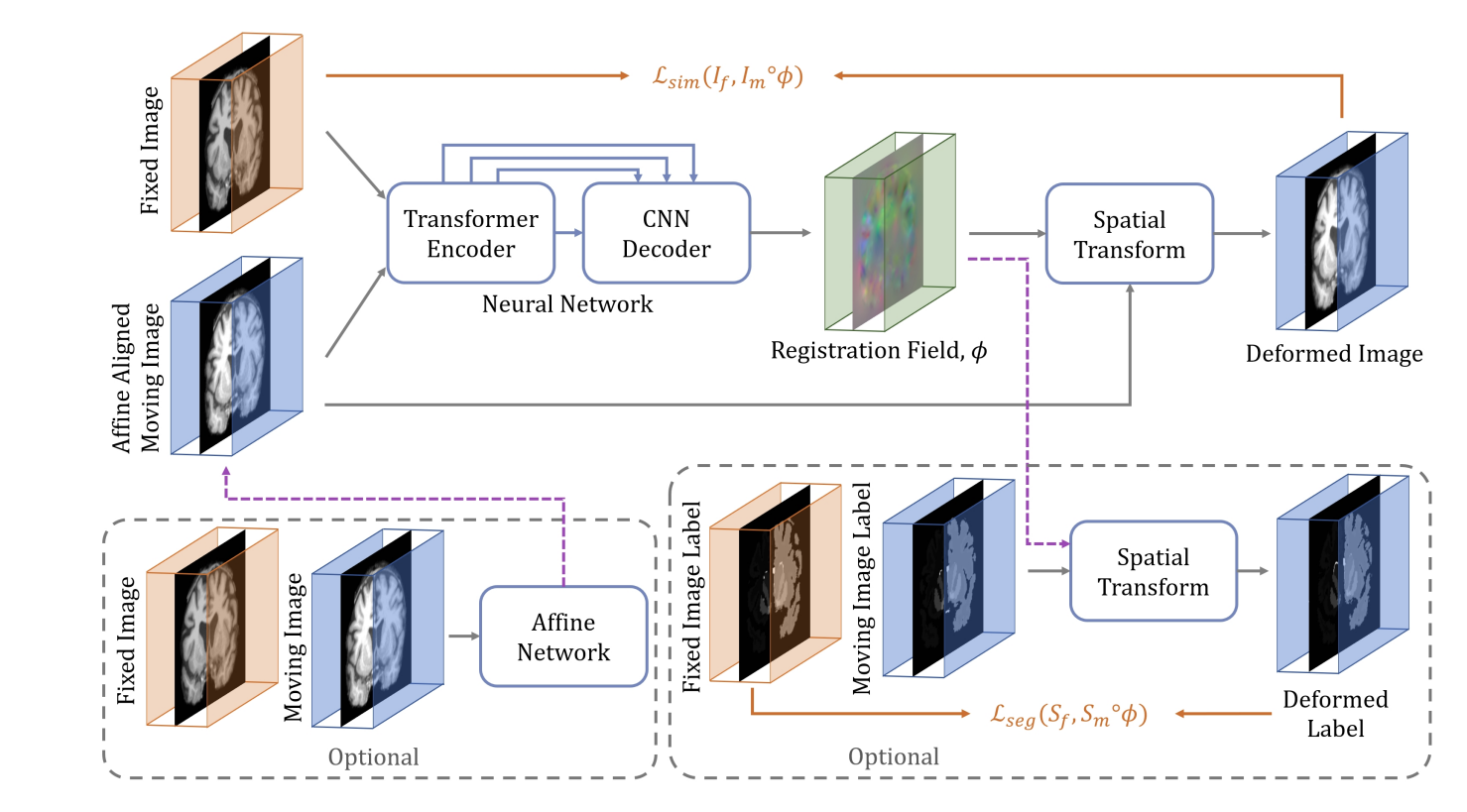
Self domain adapted network. (MICCAI 2020 oral)
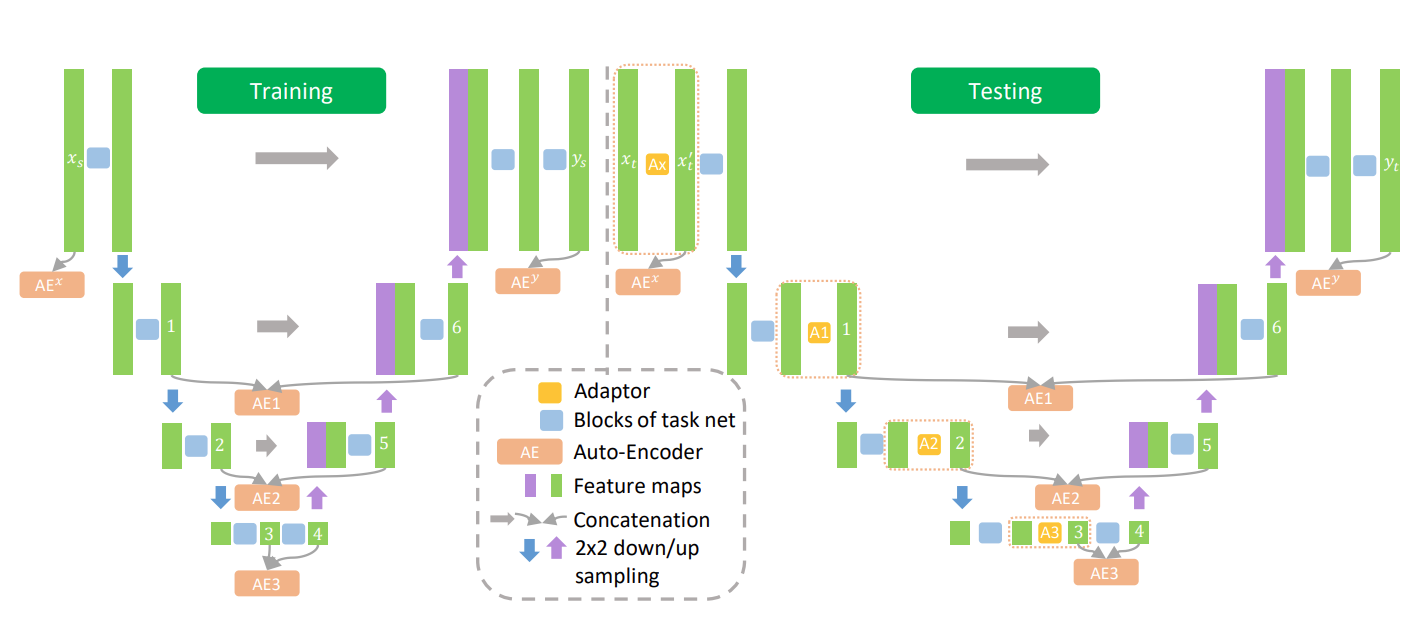
A test-time self domain adaptation method is proposed. It uses auto-encoders' reconstruction loss as a source-target alignment measurement. A set of adaptors are trained and used for domain adaptation in test-time. [code] [paper].
The journal version "Autoencoder based self-supervised test-time adaptation for medical image analysis", Medical Image Analysis 2021, is available [paper].
Validating uncertainty in medical image analysis. (ISBI 2020 & SPIE2020)
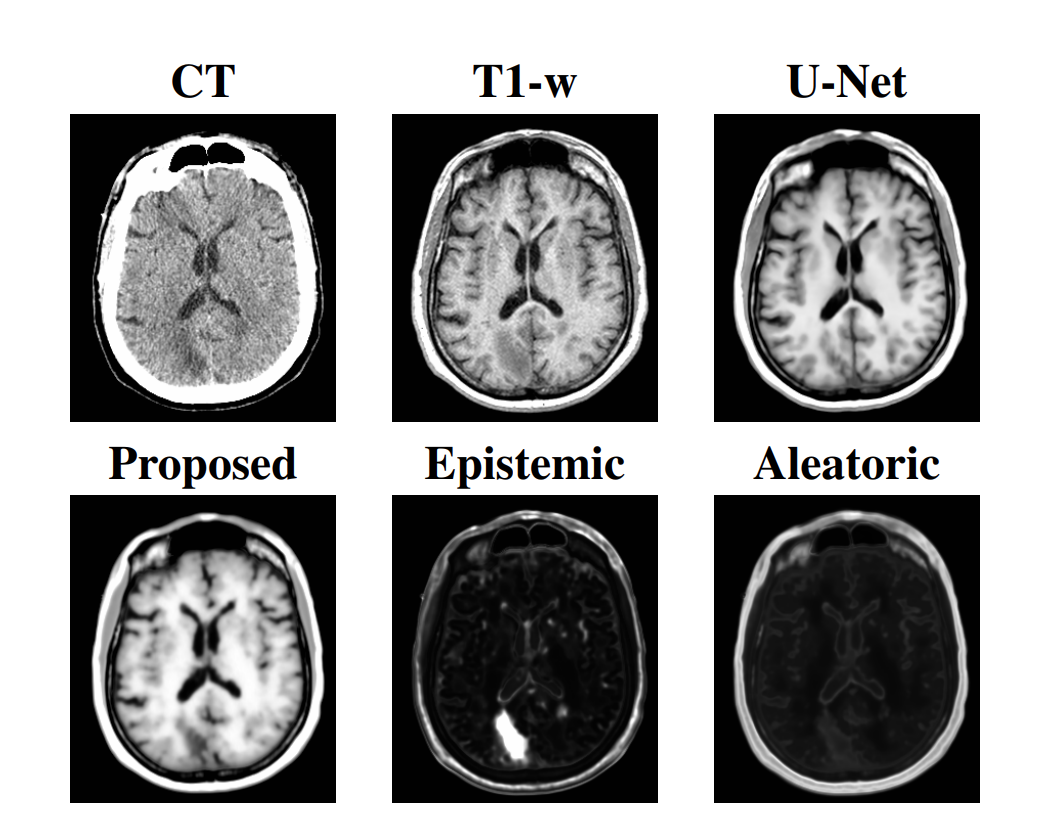
Two papers about estimating and utilizing the uncertainty in medical image translation. [code] [ISBI paper] [SPIE paper].
Fully Convolutional Boundary Regression for Retina OCT Segmentation. (MICCAI 2019 oral)

A novel fully convolutional boundary regression method is proposed for efficient, end-to-end, and topology guaranteed surface segmentation. [code] [paper].
The journal version "Structured layer surface segmentation for retina OCT using fully convolutional regression networks", Medical Image Analysis 2020, is also available [paper].
Experience
Research Assistant
IACL, Johns Hopkins University, Sep.2016 - Nov.2021
PICSL, University of Pennsylvania, June 2015 - Sep 2015
Teaching Assistant
Compressed Sensing, Spring 2018 & 2019, Johns Hopkins University
Random Signal Analysis, Fall 2017, Johns Hopkins University
Internship
AutoML in Medical Imaging, June 2020 - Sep 2020
Autonomous Driving, July 2018 - Sep 2018
Awards
IEEE TMI Distinguished Reviewer
MICCAI 2020 Student Travel Award
MICCAI 2019 Young Scientist Award
MICCAI 2019 Student Travel Award
The 2018 George M.L. Sommerman Engineering Graduate Teaching Assistant Award
4th MICCAI Workshop on Ophthalmic Medical Image Analysis 2017, Best Oral Paper Award
